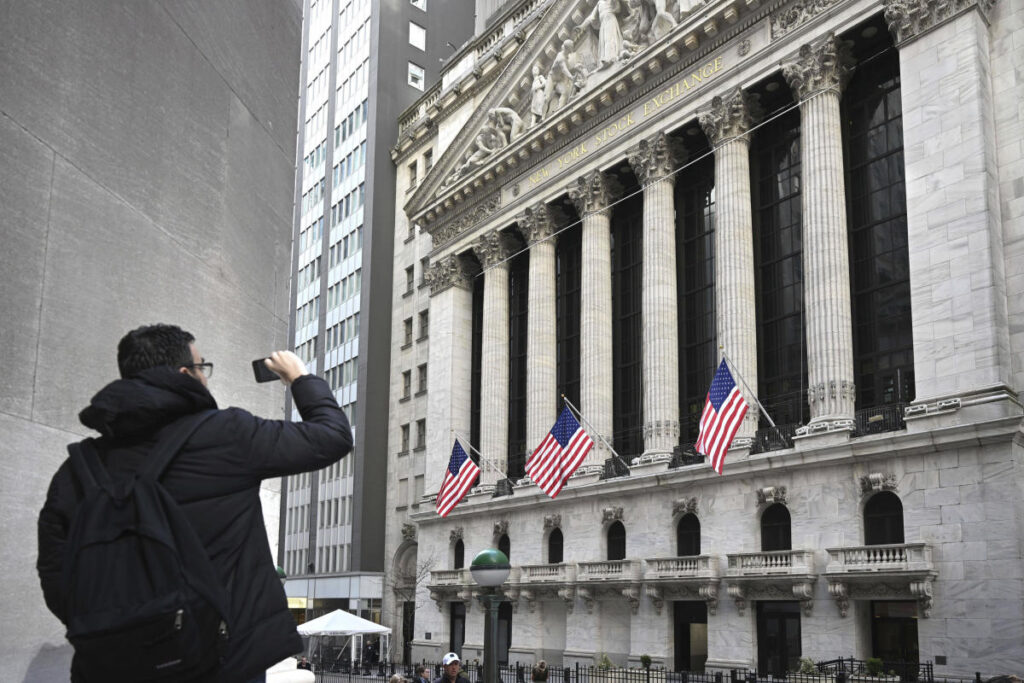As Juneteenth continues to gain recognition across the United States, many are left wondering how this federal holiday impacts financial markets. Juneteenth, celebrated on June 19th, commemorates the emancipation of enslaved African Americans. With its increasing prominence, it’s essential to understand how this holiday influences market operations, especially for investors and financial professionals.

The Significance of Juneteenth
Juneteenth marks a pivotal moment in American history. On June 19, 1865, Union soldiers arrived in Galveston, Texas, with the news that the Civil War had ended and that enslaved people were now free. This event came more than two years after President Abraham Lincoln’s Emancipation Proclamation. Over the years, Juneteenth has evolved from a regional celebration to a nationally recognized holiday. In 2021, it was declared a federal holiday, reflecting its importance in American culture and history.
Federal Recognition and Its Impact
With the federal recognition of Juneteenth, many businesses and institutions have adjusted their schedules to observe the holiday. This includes government offices, schools, and various companies across different sectors. The financial markets, known for their specific operational schedules, are no exception. Understanding whether the stock market remains open or closed on this day is crucial for investors, traders, and financial analysts.
NYSE and NASDAQ Operations on Juneteenth
The New York Stock Exchange (NYSE) and NASDAQ are the two primary stock exchanges in the United States. They are pivotal in driving the financial markets and play a crucial role in the global economy. Typically, these exchanges follow a set holiday schedule, which includes several major holidays such as New Year’s Day, Independence Day, Thanksgiving, and Christmas.
In 2024, the NYSE and NASDAQ will be closed on Juneteenth. This aligns with the practice observed since Juneteenth was declared a federal holiday. The closure allows market participants to commemorate the significance of the day and reflect on its historical importance.
Historical Precedent and Recent Trends
Historically, stock exchanges in the United States have closed on federally recognized holidays. This tradition ensures consistency and allows market participants to plan accordingly. Since Juneteenth was declared a federal holiday in 2021, the NYSE and NASDAQ have followed suit, closing their doors in observance.
The decision to close the exchanges on Juneteenth reflects a broader trend of acknowledging and honoring significant cultural and historical events. It also underscores the importance of diversity and inclusion within the financial industry. By recognizing Juneteenth, the exchanges contribute to a growing national dialogue about equality and justice.
Implications for Investors and Traders
For investors and traders, the closure of the stock market on Juneteenth means that no trading activity will occur on this day. It is essential to plan ahead and adjust trading strategies accordingly. Here are a few key considerations:
- Adjust Trading Schedules: Investors should complete any necessary trades before the market closes on June 18th. Any trades not completed by the close of business on this day will have to wait until the market reopens on June 20th.
- Monitor Market Conditions: Leading up to the holiday, it is crucial to monitor market conditions closely. Holiday periods can sometimes lead to increased volatility as traders adjust their positions.
- Review Portfolios: Use the holiday as an opportunity to review and reassess investment portfolios. This can be a valuable time to evaluate performance and make necessary adjustments.
International Markets and Their Schedules
While the U.S. markets will be closed, it is important to note that international markets will operate according to their respective schedules. Global investors need to be aware of these differences and consider how the U.S. market closure might impact global trading dynamics.
Major International Exchanges:
- London Stock Exchange (LSE): Will remain open on Juneteenth.
- Tokyo Stock Exchange (TSE): Will also operate on its regular schedule.
- Euronext: Including markets in Paris, Amsterdam, and Brussels, will be open.
Global market participants should stay informed about any significant news or events that might affect international markets during this period.
Preparing for Market Reopening
Once the stock market reopens on June 20th, it is essential to be prepared for any potential fluctuations. Historical data suggests that markets can experience increased activity immediately following a holiday closure. This is often due to the accumulation of pending trades and market participants reacting to news and events that occurred during the closure.
Key Steps for Reopening:
- Stay Informed: Keep abreast of any significant news or developments that might impact the market. This includes economic reports, corporate earnings announcements, and geopolitical events.
- Evaluate Market Sentiment: Assess the overall market sentiment to gauge potential market movements. This can be done by analyzing pre-market trading activity and reviewing analyst reports.
- Plan Trades Carefully: Be strategic about entering or exiting positions. Consider using limit orders to manage risk and ensure favorable execution prices.
The Broader Economic Impact
The closure of the stock market on Juneteenth also has broader economic implications. It highlights the growing recognition of the holiday and its integration into the national consciousness. As more businesses and institutions observe Juneteenth, the economic landscape is likely to reflect this change.
Economic Considerations:
- Consumer Spending: With many businesses closed, consumer spending patterns may shift. This could impact sectors such as retail, hospitality, and entertainment.
- Corporate Policies: Companies are increasingly incorporating Juneteenth into their corporate calendars. This can influence employee morale, diversity initiatives, and corporate social responsibility efforts.
- Market Dynamics: The observance of Juneteenth by financial markets may set a precedent for other sectors. This could lead to broader changes in how holidays are recognized and observed across the economy.
